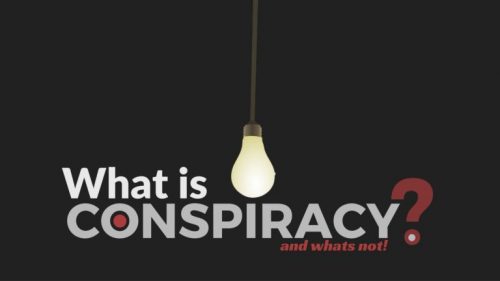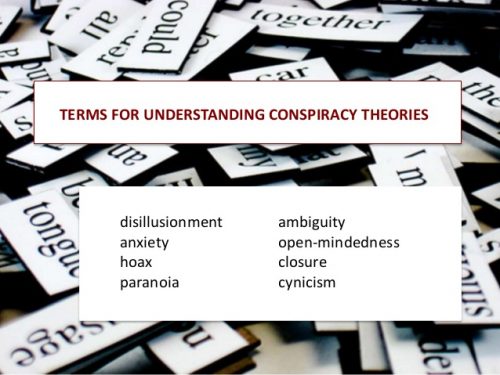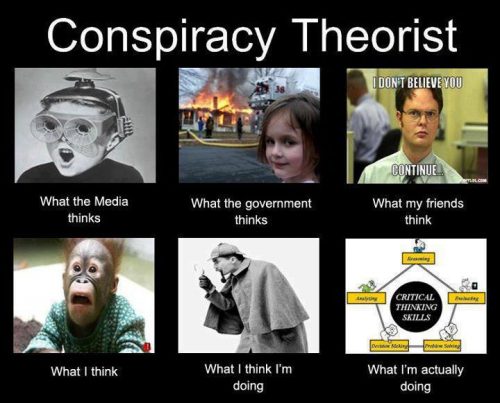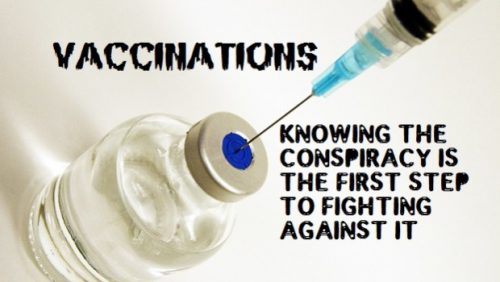
Mysticism of some sort is an enduring theme throughout history, a staple of most civilizations over thousands of years. — Lawrence R. Samuel Ph.D.
With the recent advancements in technology, it has become easier for a lot of people to disseminate information. The rise of social networking sites has contributed to the convenience of spreading news, findings, and other theories. Nowadays, people all over the world can share anything with one click of a button.
This can be dangerous since many individuals keep on sharing different information online without verifying whether these are true or fake. At the same time, there are also many persons who share what they believe in even if their belief is baseless. Most of the time, they end up convincing their friends in the online world. The most widespread conspiracy theories are linked to mental health.
In this article, our primary focus is to pinpoint the top reasons why people believe conspiracy theories on mental health.

1.Anxiety
A recent study reveals that there is actually a connection between anxiety and inclination to conspiracy theories. According to this research, people who are always anxious are more likely to believe in conspiracy theories. Anxious individuals often experience a loss of control or focus on a particular subject matter. This is the reason why they prefer to think baseless theories compared to those already clearly established.
It is about engaging in a variety of activities that are understood as this-worldly, and to identify with, or be a member of, non-religious groupings or associations. — Phil Zuckerman Ph.D.
- Suspicions
Having suspicions about a particular thing is actually necessary. It can protect an individual from coming across unreliable information or belief. However, being too suspicious can also be detrimental to the persons involved. For example, one may not easily believe in a published scientific finding because he is doubtful about it. In this case, there is no longer need to
- Fear
People who promote conspiracy theories about mental health claim that following the theories would make people live longer and become healthier. Otherwise, those who do not accept the theories will end up suffering from medical problems. This is the main reason why a lot of people find it convenient to believe the theories easily.
They would just simply accept the conspiracy theories because of fear of harm or even death.
- Paranoia
One of the common traits among conspiracy theorists is paranoia. They consider many threats to their existence, which is why they do not accept recent medical findings concerning mental health. They would rather believe something that they are comfortable with even if experts have already disproved the theories. For these
people, it is more important to consider what they feel than what is the truth.
Hindsight bias is the human tendency to believe that we knew something was going to happen, but only after hearing about the event’s occurrence. Hindsight bias makes us think that we (or others) can actually tell the future. — Ronald E Riggio Ph.D.
- Supremacy

A large number of conspiracy theorists have too much confidence in what they do or study. They do not accept the findings of other experts or professionals. They believe that it is impossible for other people to be more superior to them. These individuals also enjoy giving critics about medical findings all for the purpose of increasing their self-worth or superiority.










